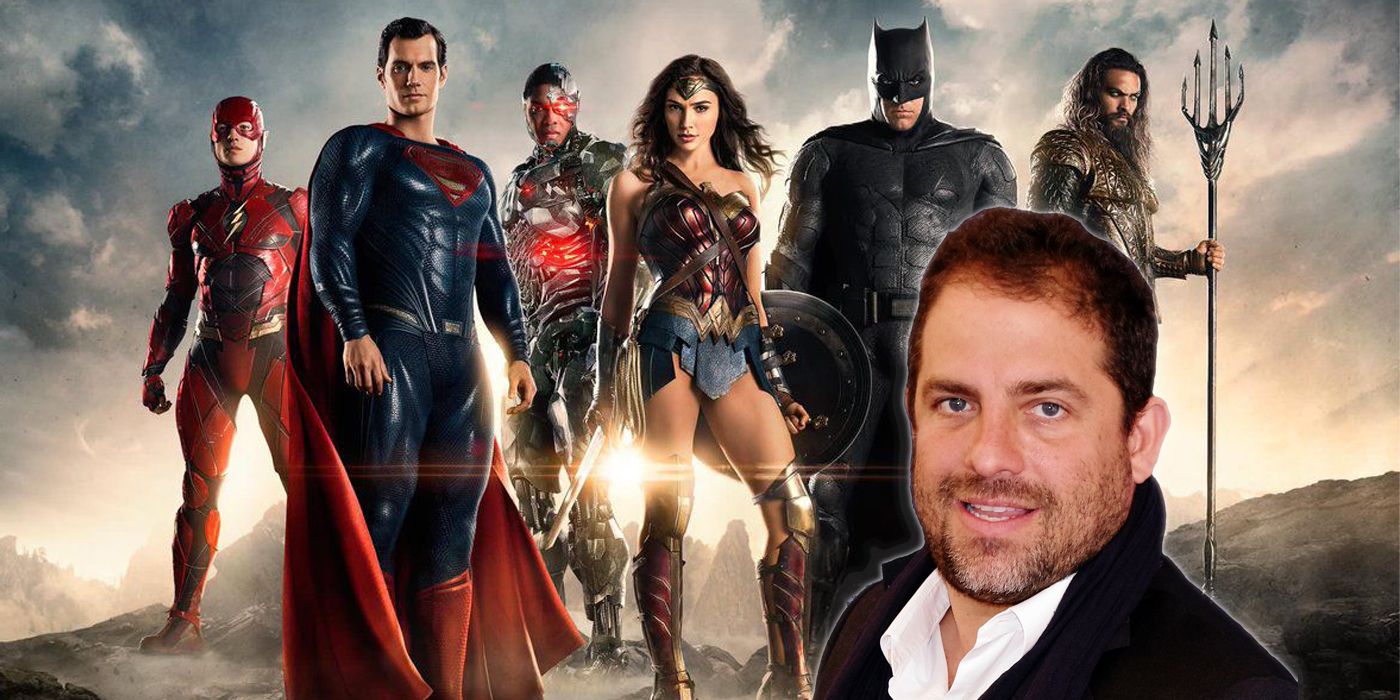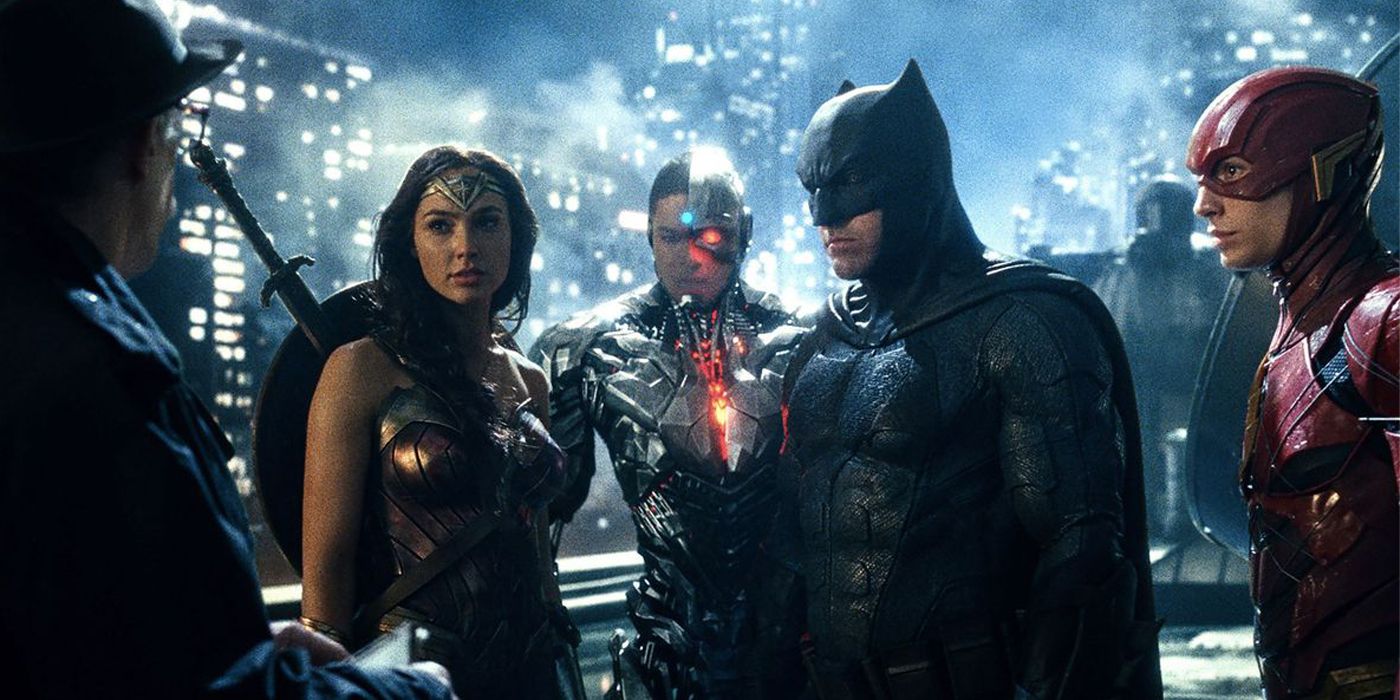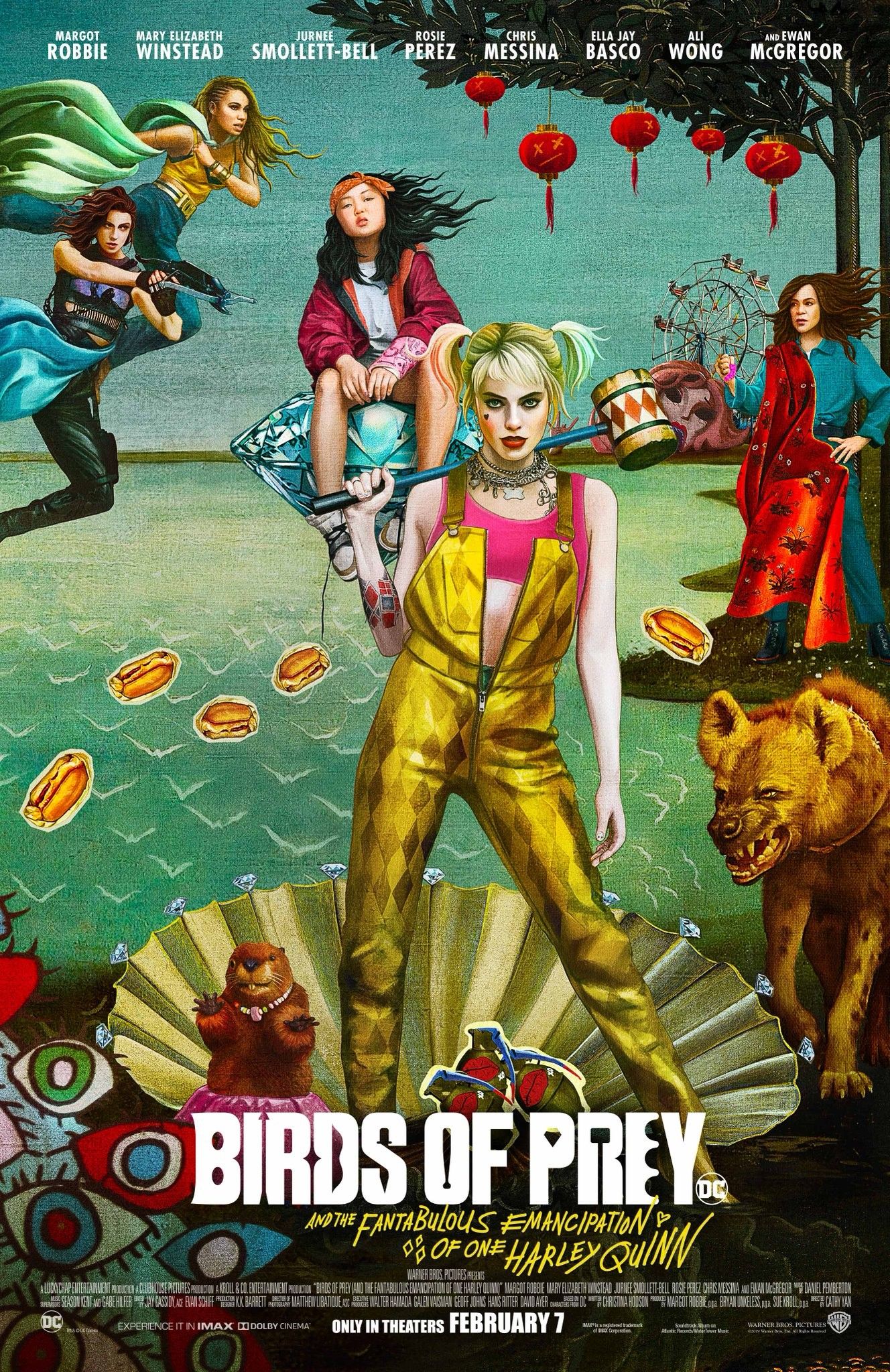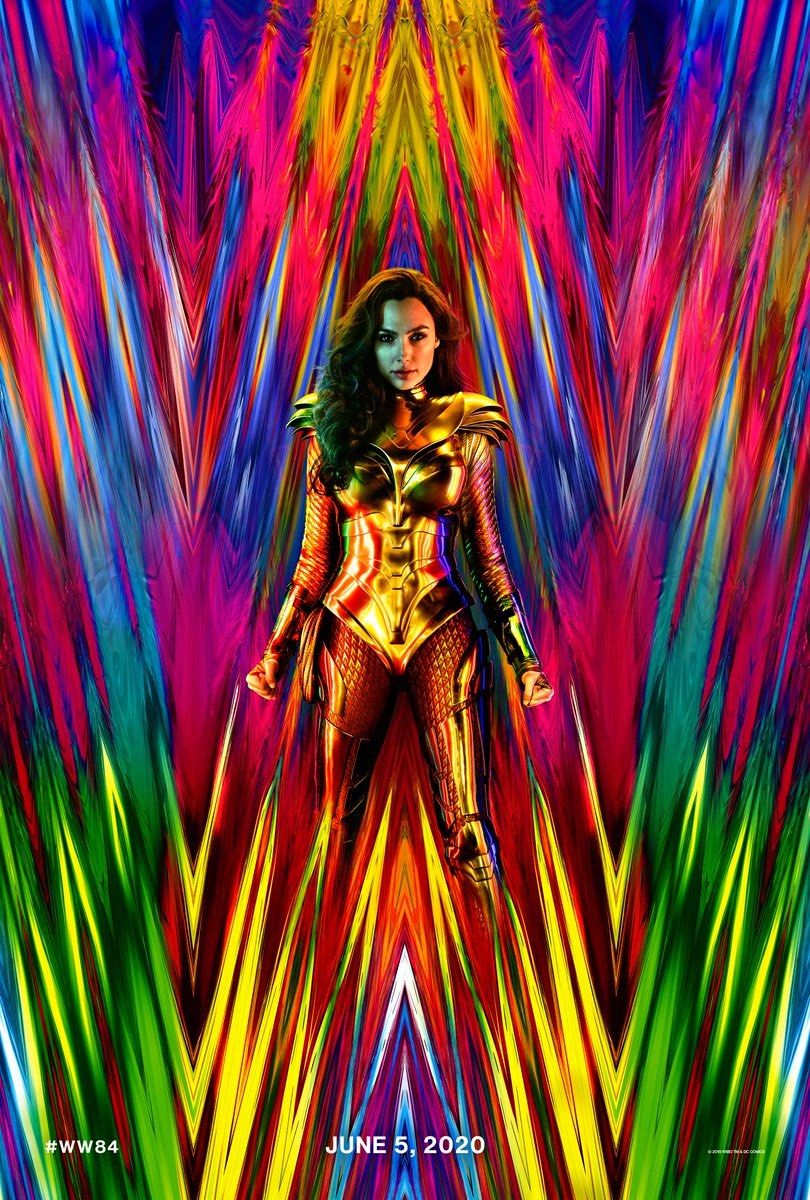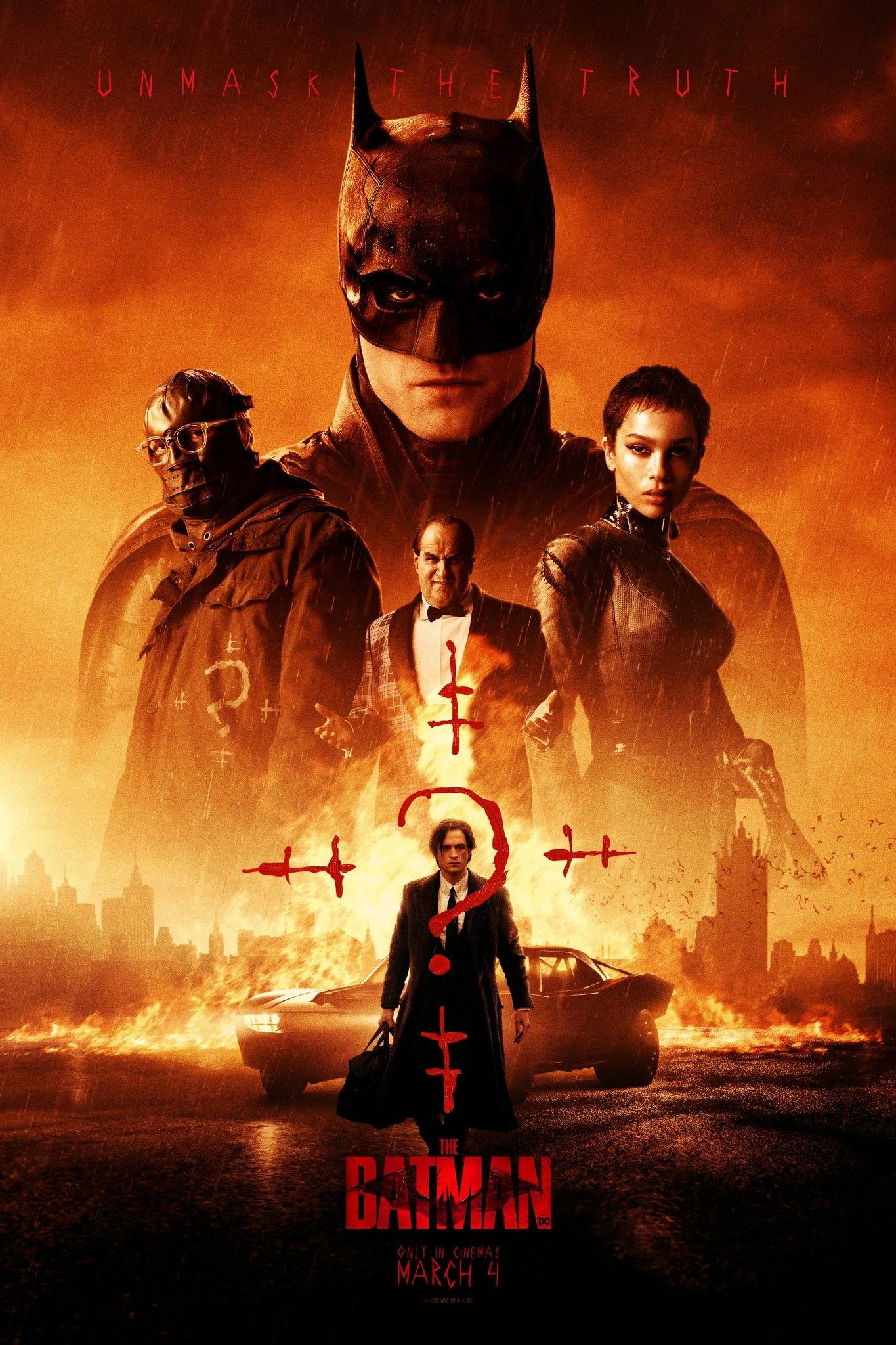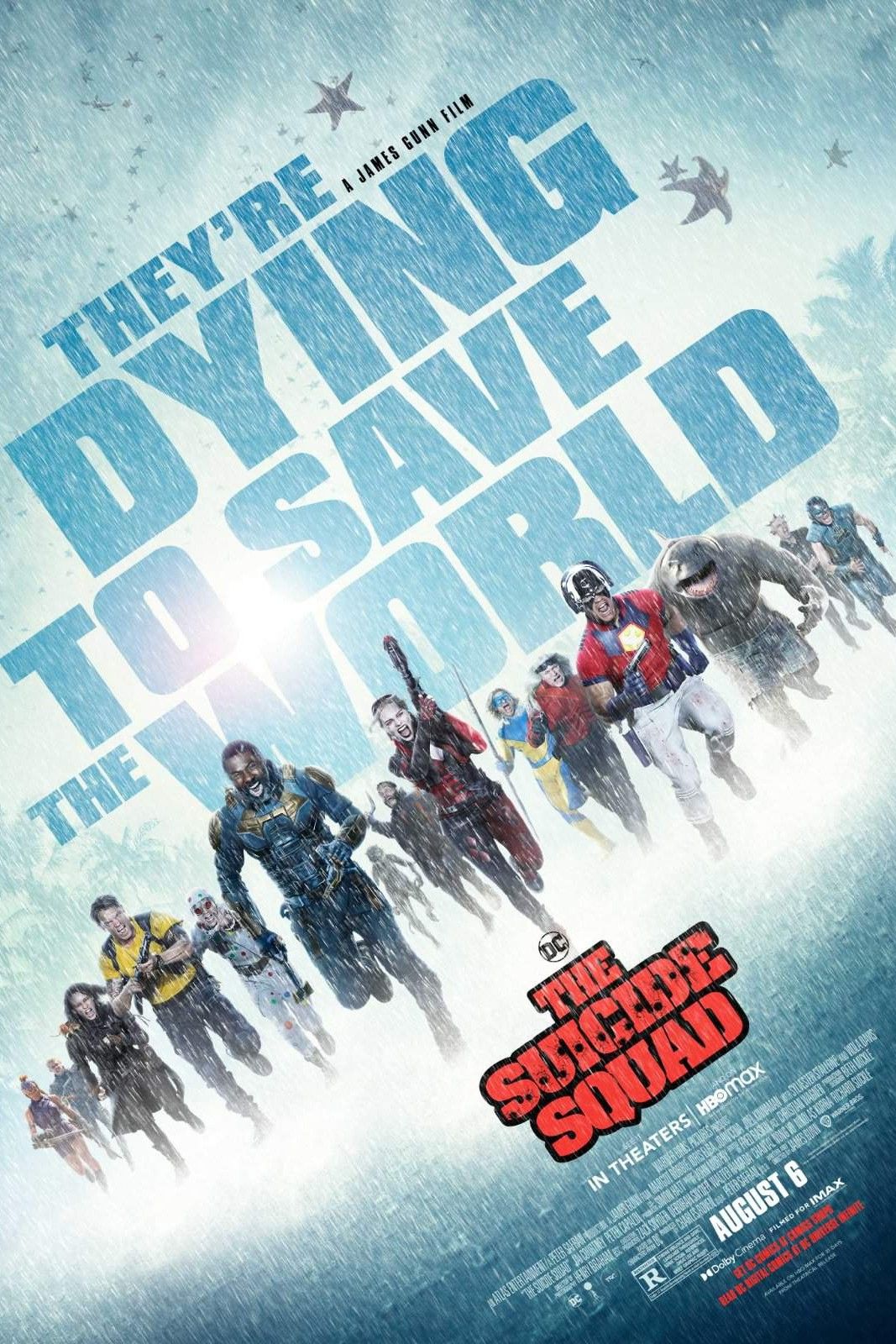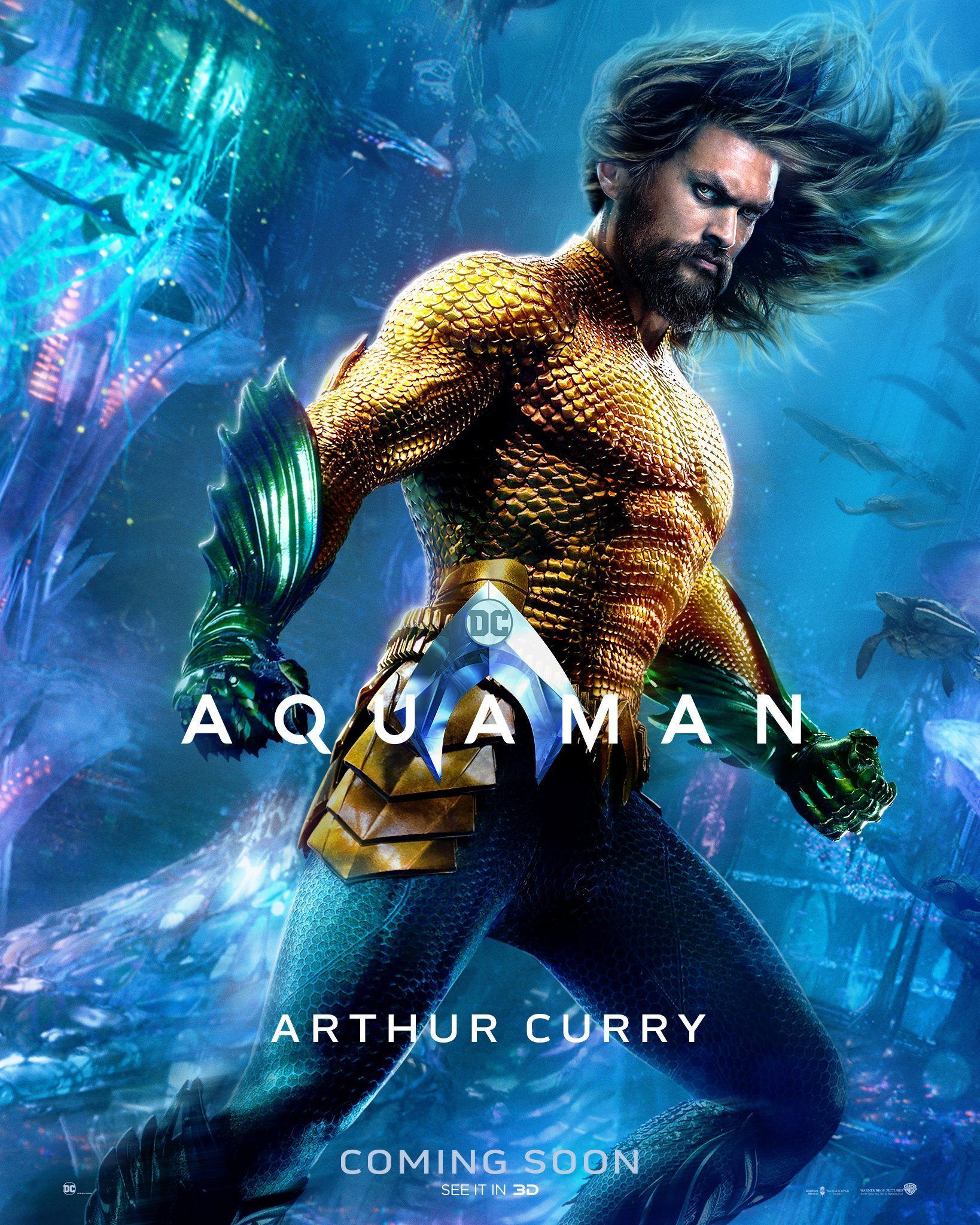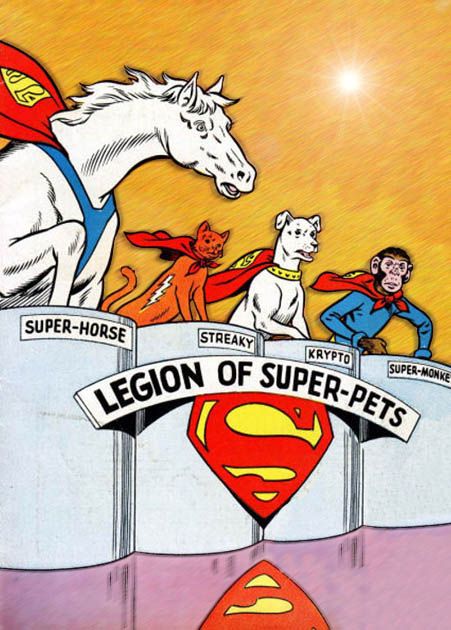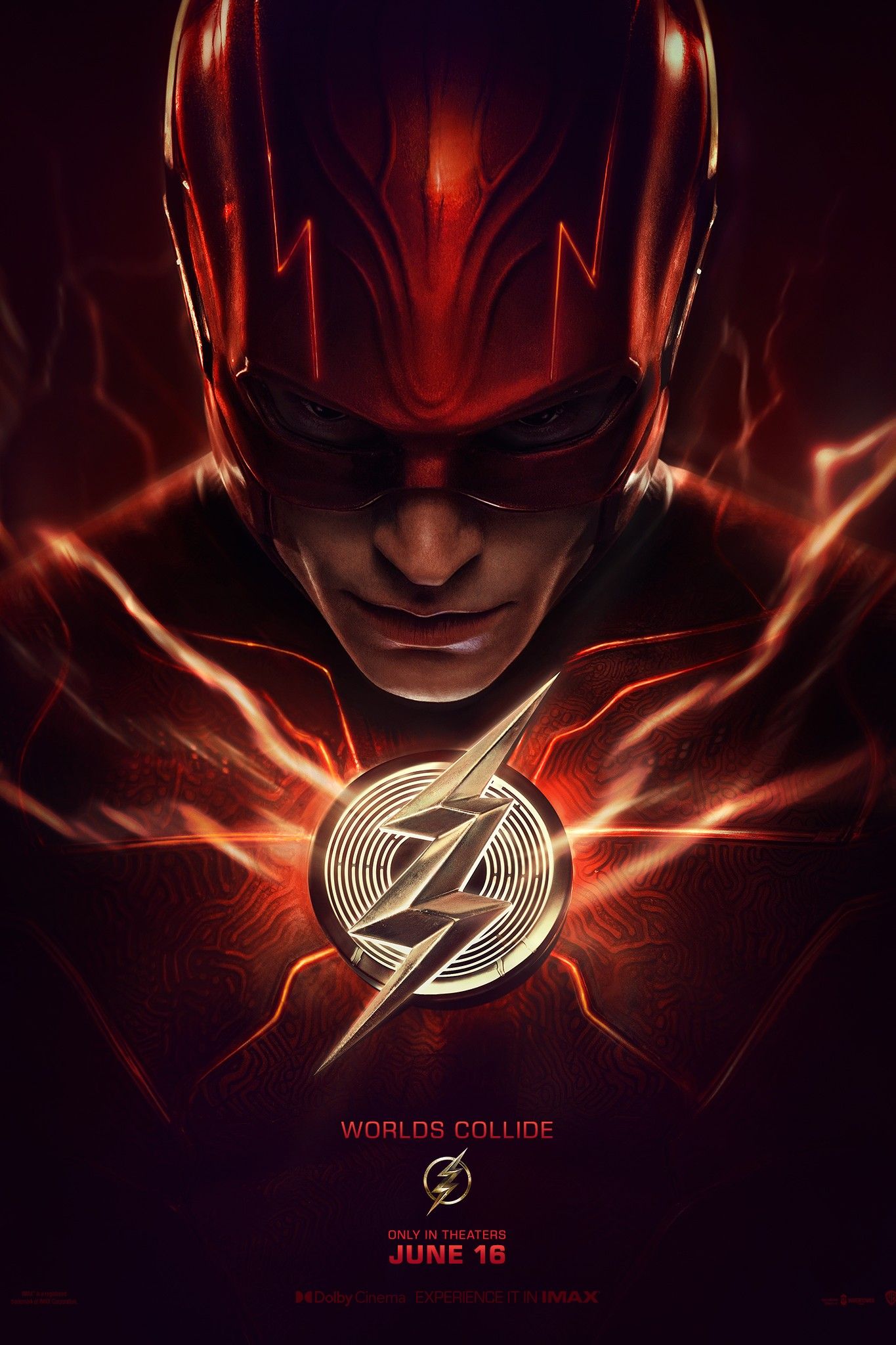The Justice League situation could be a lot worse. Justice League is a film that has been talked to death in the time following its release: from fans petitioning to gain access to the elusive Snyder Cut, to the revolving door of directors and other crew members attached to, and subsequently detached from, the project, the 2017 film has been analyzed from nearly every angle. One of the biggest complaints from fans was the involvement of Joss Whedon, who essentially remade the film on a lower budget, and cut out many of Snyder's original ideas, presumably to appease Warner Bros. executives.
However, little do fans realize the bullet that was dodged, considering Brett Ratner was originally shortlisted to helm Justice League. Known best for films such as X-Men: The Last Stand and the Rush Hour series, Ratner is no stranger to the director's chair, nor the superhero genre. With that being said, it is generally agreed upon by fans that he is not the most suitable fit for the Justice League movie, given his filmmaking style and the way he handles source material. Yet, there is a much bigger reason as to why Ratner's name being attached to the film would have been disastrous.
In late 2017, Brett Ratner was accused by 7 different women of sexual misconduct, allegations that were considered seriously due to their nature, as well as the increasing momentum of the "Me Too" movement at the time. Ratner subsequently stepped away from all projects he was pursuing at that point, and only a few months later, Warner Bros. opted to not renew their contract with Ratner. Given the severity of the sexual misconduct accusations, as well as Ratner's shaky resume in regards to comic book film adaptations, Whedon is the (relatively) lesser of two evils, all things considered.
Whedon, hot off the success of both The Avengers and Avengers: Age of Ultron, was brought onto the project in order to conduct what Warner Bros. felt was a very much needed overhaul of the film. Zack Snyder left the project due to a combination of creative differences with the studio and personal difficulties: Snyder was coping with his daughter's suicide during post-production, and understandably withdrew from the project in order to spend time with his grieving family. When Whedon took over the project, the studio ordered extensive reshoots. Suffice to say, the version of the film Whedon put together was a far cry from what Snyder had initially envisioned: striking a far more Marvel style, Whedon infused the film with humor and a much more vibrant appearance.
The Justice League situation as a whole could have been much messier than it was. Of course many have reservations with the Whedon cut of the film, but he at least had a clear reputation and a relatively reliable track record in the industry. Had Ratner been attached to Justice League, not even taking into account his creative direction, the film would have encountered significant pushback from the public; the claims made against the director would be enough to derail any film associated with his name.
All in all, fans should take solace in the fact that the film was released at all. Sure, the public demands for the release of the Snyder Cut of Justice League will seemingly never end, but at least a version of the iconic DC team has reached the big screen clear of any controversy outside of creative choices. Had Warner Bros. chosen Ratner, Justice League may never have seen the light of day.

